I was just reminded of some funny things tonight. The subject of a certain lolly on a stick came up. As Aussies we know this as a Chupa Chup. We all know this is pronounced with an “uh” sound, like “GUN”. Know how they say it here? It sounds like “Choopa Choop”! Like “chook”! I laugh at the kids pronunciation, and they (cheeky brats!) laugh at me!
I even showed them an authoritative video on YouTube with a magnificent Australian actress explaining how she gives her kids Chupa Chups instead of fresh fruit. Laughed at me again!
What else?
Visit to former….well….you know…..in Cebu many years ago. Dinner. “I’m sorry, but we don’t have any soap!” I’m thinking “Did I forget to wash my hands?” Is this a hint? She was indicating the dinner, which lacked what I would have called “SAUCE”. Could she mean “SOUP”? Pouring soup on a meal? Who does that?? Yes, that was what she meant. Any liquid food here is known as “soup”.
There is even “soup” inside that most hideous of deformities that passes as food known as balut! Bad enough having someone describing eating a partially-formed duck foetus, but then they have to go and say “It’s the SOUP that I like”!! Uhh! Please!
And on pronunciation? Most will know that there is no “th” sound in the Filipino languages. So “th” becomes either “t” or “d”. One, two, tree! Dis and dat! Well, my daughter who had spent 4 years in Australia took it upon herself to explain to a teacher who was counting “First, second, t’ird…” what the last word actually meant in English!
Don’t get me wrong! Not saying Aussie English is best. It’s pretty terrible actually when you think about it. Amazing that anyone can understand us at all. They’re all amazed at the Aussie way of dealing with the letter R. To us, it sounds like “Ahh” instead of “ahhhrrrrr”. One of my comedian daughters asked me once how we said “rabbit”. Is it “abbit”??
And onto what words are used in which situations. Take the word “ashamed”! Now, I suspect this is regional. I heard this all the time in Cebu, but never heard it around Manila. But years ago (yes, previous girlfriend….hope I won’t get into trouble for my recollections) I remember hearing “Oh, my parents aren’t talking to you because they’re ASHAMED”. Oh? I wondered what they had done! I’m a forgiving sort of bloke. Anyway, didn’t feel like asking. Then “Oh, my brother won’t talk to you because he’s ASHAMED!” Him too?? What has this family done?? Theft? Murder? Then it came to 7 year old nephew, who was apparently also guilt-ridden with shame. No, no , no! Sorry, but he’s 7! What can he possibly have done at such a tender age?
The English word us Aussies would have used was SHY!!
And don’t forget the HE and SHE, HIM and HER! I first came to the Philippines in the 90’s, so you would think I’d be incredibly well-adjusted by now. No! Been hear fulltime almost 5 years now too. I should no longer be confused when someone says “Well, my father….she was telling him……you know, my sister Teng Teng….well, he was saying that he…..my brother…..well, she…..”
At this point I’m completely lost! You say “HE” to me, and I get an instant mental picture of something with hairy legs and an Adams Apple! Say “SHE” or “HER”, and that person suddenly acquires a dress and lipstick! Sometimes the long, rambling Filipino sentences are hard enough to follow, let alone when you have multiple sex-changes going on in your head!!! You say “MY FATHER”, and there he is in my head. You say “SHE”, and he disappears instantly, or looks very odd.
There IS no HE, SHE, HIM or HER in Filipino languages. I suppose a German, who knows absolutely that a table is masculine (and wonders why the French think the table is a girl!), probably wonders how we cope with androgynous furniture full stop! How would they cope when there’s no hint whether the subject of a conversation is wearing a dress or needs to shave?
Anyway, those are my thoughts for tonight. A change from visas!

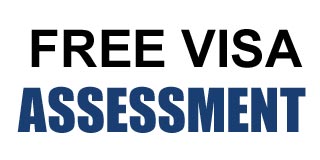
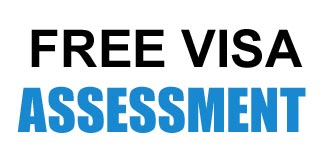




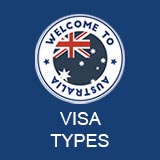
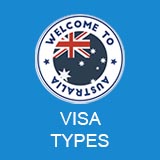







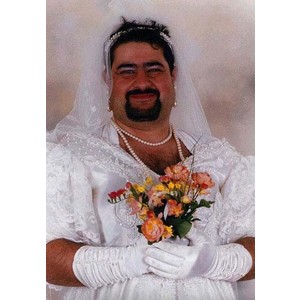

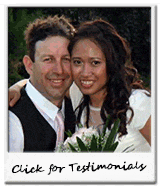
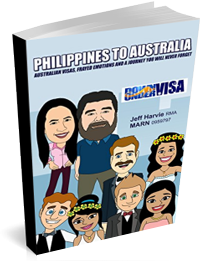
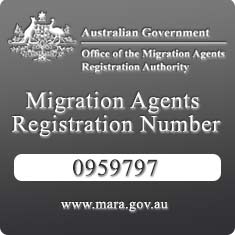
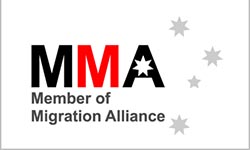
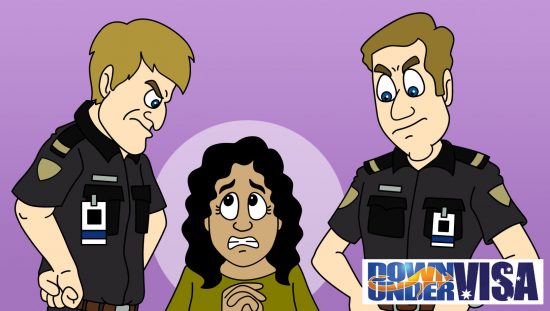 Multiple Entry Tourist Visas – The Reality
Multiple Entry Tourist Visas – The Reality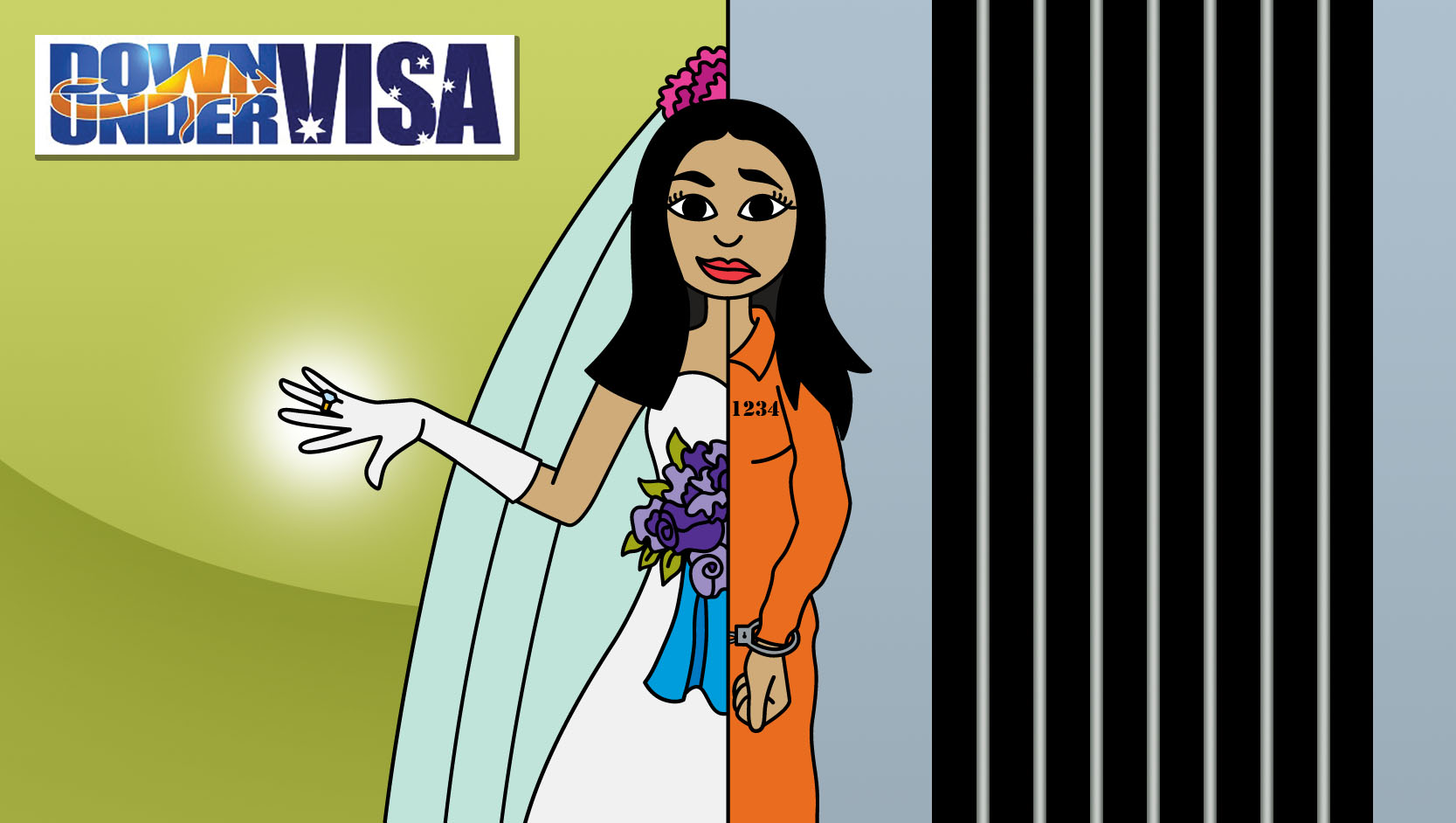 Still married but want an Australian Partner Visa
Still married but want an Australian Partner Visa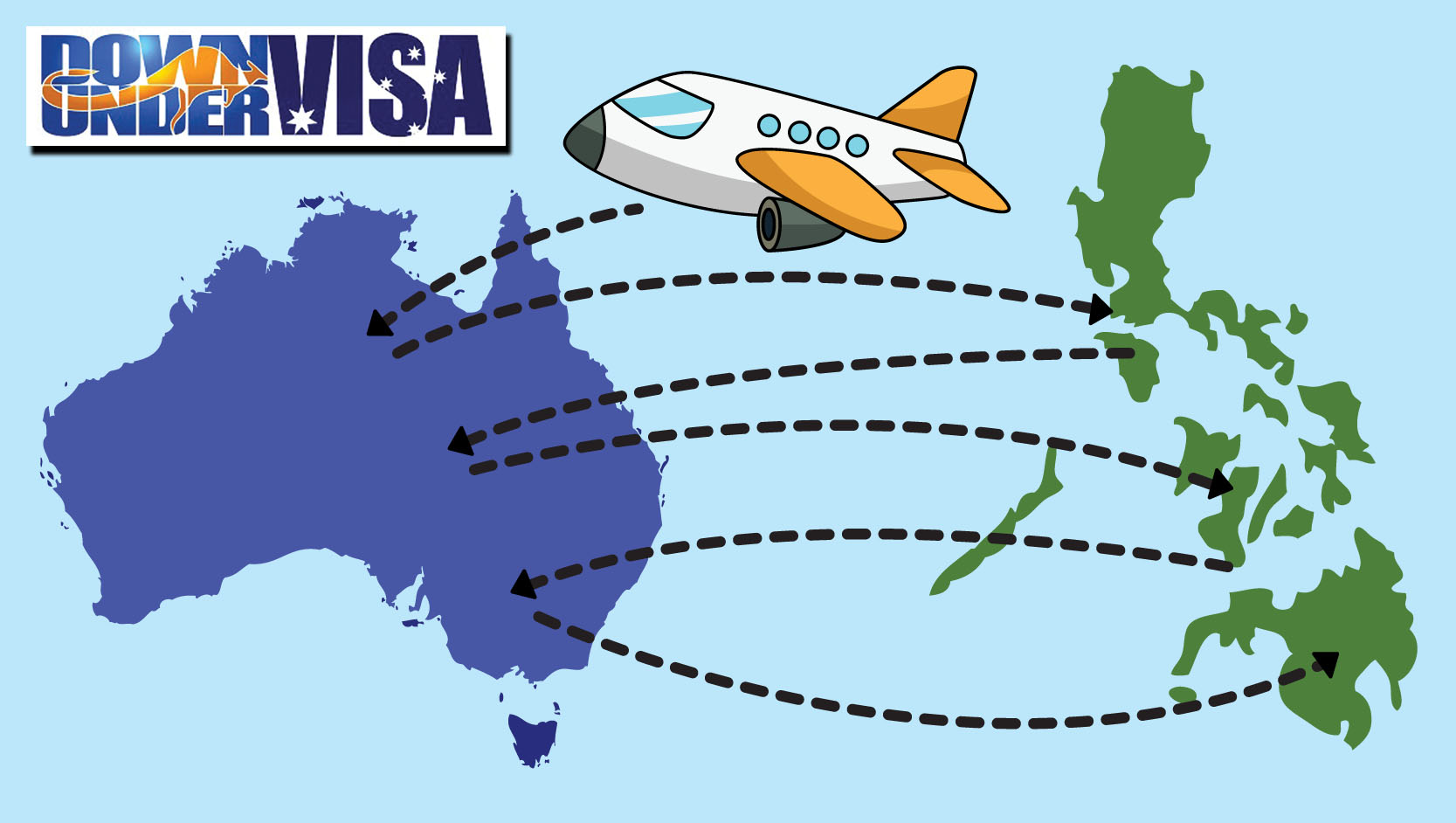 Welcome to Down Under Visa – Australian Partner Visa Specialists
Welcome to Down Under Visa – Australian Partner Visa Specialists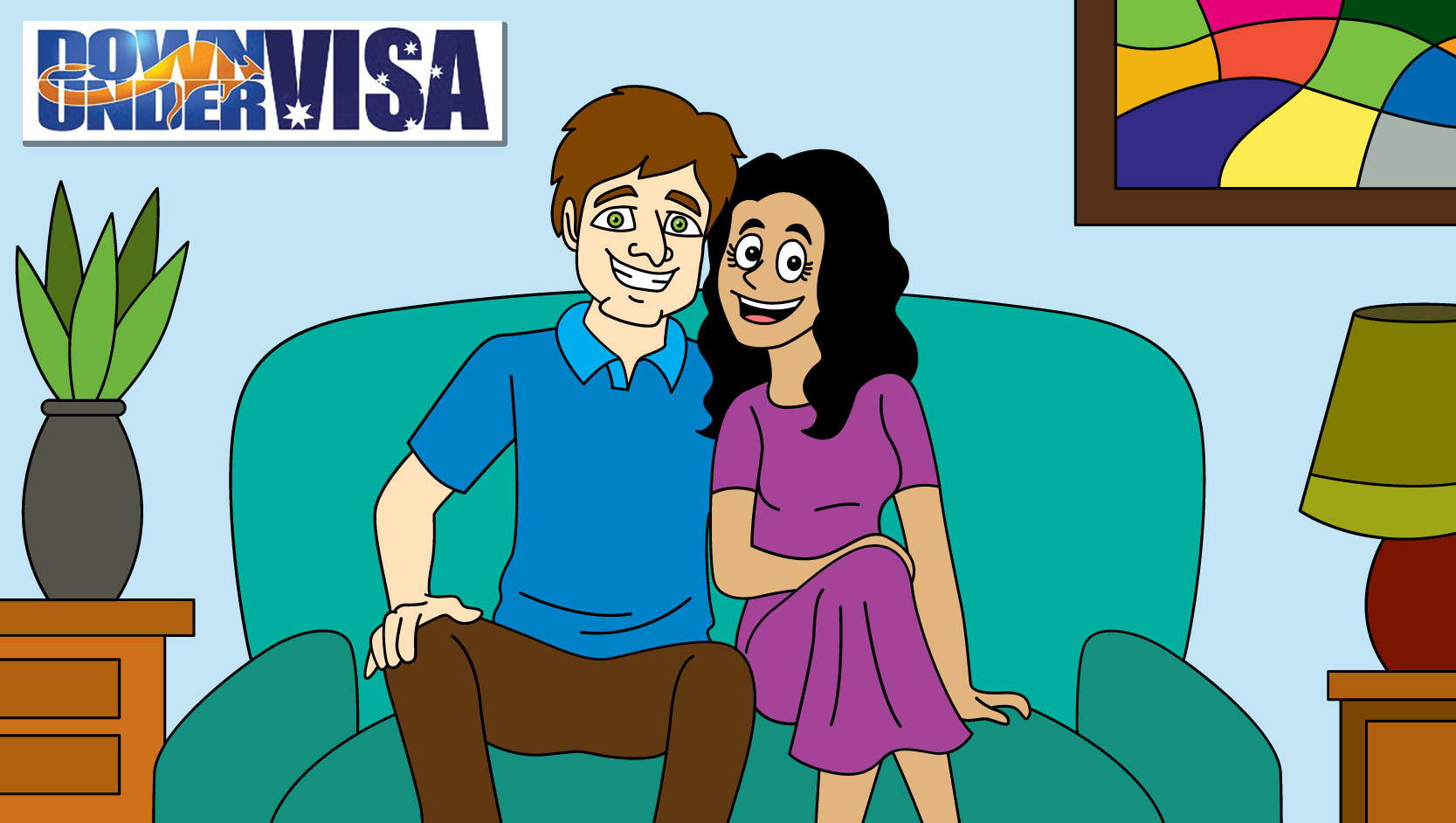 Australian Partner Visas and New Families (ie babies arriving soon)
Australian Partner Visas and New Families (ie babies arriving soon) Down Under Visa – 2024 Christmas Vacation Dates
Down Under Visa – 2024 Christmas Vacation Dates


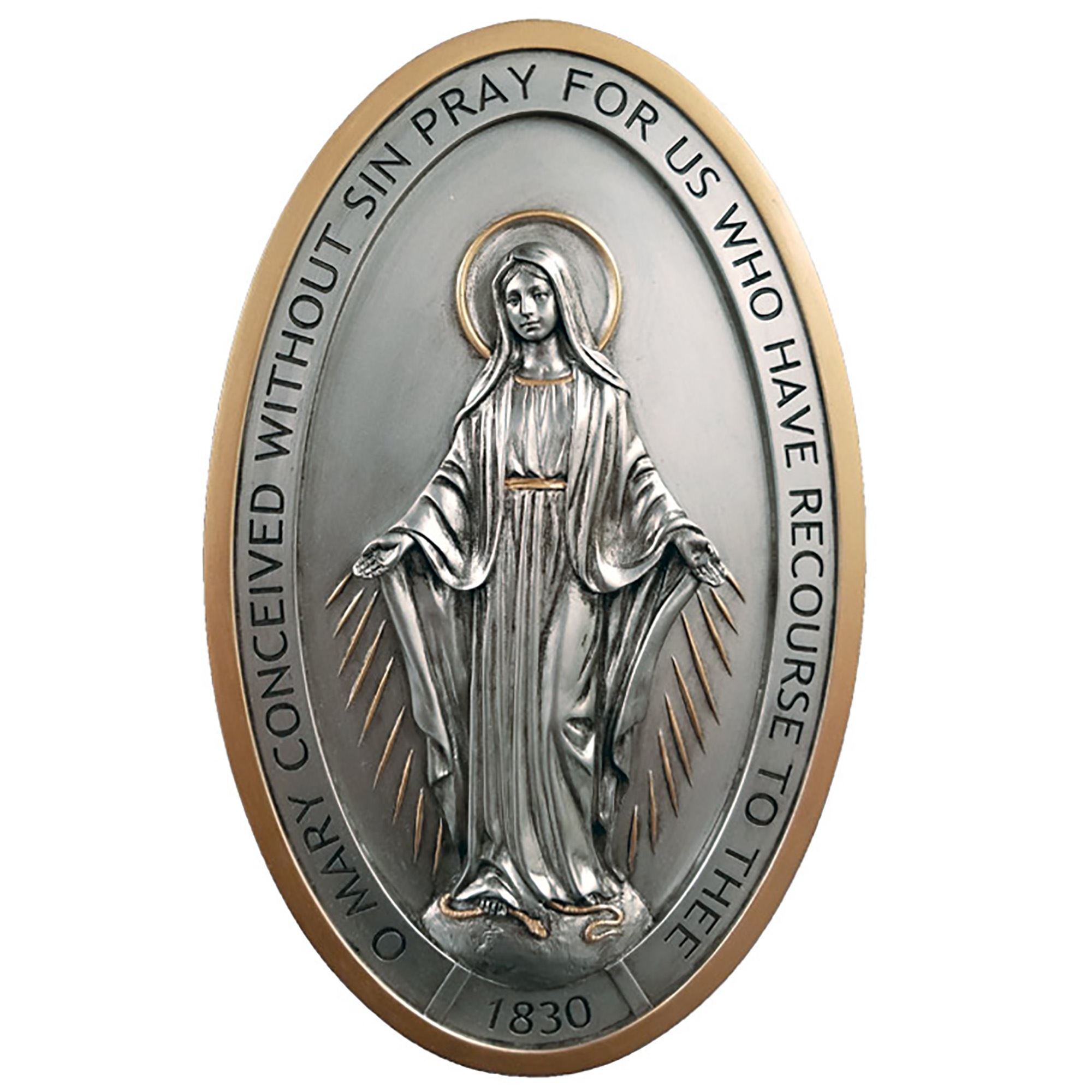
Well, the last paragraph re “he, she, her & him” is something I come across all the time when I am in the Phils. To us Aussies it can be very confusing. My (future) daughter-in-law’s teacher at College is a well educated Filipino and teaches English in the school, tells me how frustrated he is in getting his students to use the correct phrase. He blames it on the poor English education in the elementary schools. Compounding that is the poor English used by their parents, especially when they mix Cebuano and English together!
Join the Club mate. All part of knowing “only in the Philippines!” With apologies to Mila!)
PS. Don’t publish THAT photo of yourself in a Date Site. You might get hundreds of responses…. heh heh!
Mike Trotter
All in fun, though. I just had somebody make a comment who seemed to find offense in my article. We’re all fully aware that English is not the first language of Filipinos. And most of us Aussies don’t have a second language at all. I try to speak in Tagalog, and my kids laugh hysterically at me. I’m sure I sound funny, and it certainly doesn’t bother me.